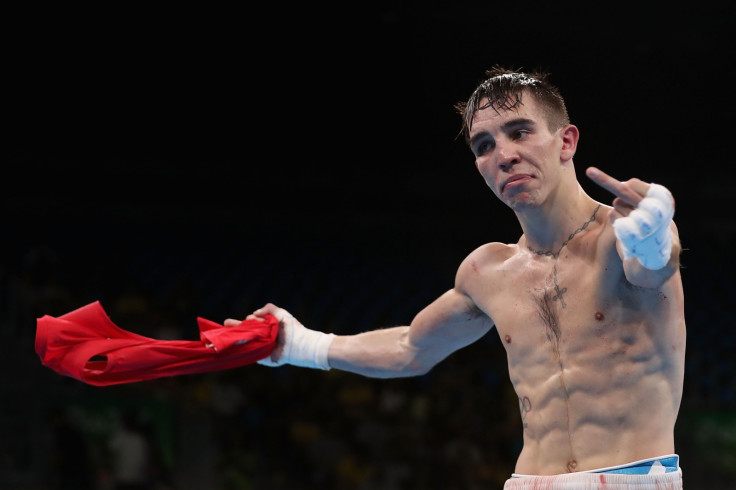AIBA stands down all 36 Olympic judges and referees during investigation into Rio 2016 controversy
Recent Olympic boxing tournament was marred by several controversial decisions.

The International Boxing Association (AIBA) has responded to the judging controversy that dogged the sport at the recent summer Olympics by confirming that 36 judges and referees who officiated in Rio de Janeiro will remain sidelined pending the outcome of an ongoing investigation. The decision was made at a three-day meeting in the Swiss city of Lausanne.
"While the majority of the boxing competition in Rio 2016 was received very positively thanks to the high level of boxing, the seamless integration of recent reforms such as headguard removal and the inclusion of non-AIBA pro boxers, a small number of decisions under debate indicated that further reforms in the AIBA procedures were necessary," amateur boxing's governing body, who sent home a number of judges from Brazil, confirmed in a statement on Thursday (6 October).
"Initial decisions were made on-site during Rio 2016 to ensure the smooth running of the rest of the competition. The results of a specific R&J [referee and judge] investigation, currently underway, will allow AIBA to fully assess what action needs to be taken.
"In the mean time, it has been decided that all 36 R&Js that were used at the Olympic Games will not officiate at any AIBA event until the investigation reaches its conclusion, along with further immediate measures adopted by the commissions."
Perhaps the most high-profile judging controversy that took place in Rio concerned Michael Conlan, the bantamweight from Belfast who launched into an x-rated tirade against the amateur system on television after a massively contentious quarter-final loss to Vladimir Nikitin. Evgeny Tishchenko's heavyweight final defeat of Vassiliy Levit also invited disbelief.
The AIBA further announced plans to abandon their five-star system with regards to referees and judges and recommend that the draw to determine officials for each fight should now be automated by their supplier, rather than carried out by a three-person commission.
They further insist that the current 10-point system is the best scoring method as it "takes into account the four key criteria essential to maintaining high level and entertaining boxing", although concede that it is open to misunderstandings and public debates and recommend for future events that all five of the judges' scorecards are opened up when determining the winner of a given bout.
In a nod to recent criticism, they added: "As a governing body, AIBA will always seek to evolve the sport but will continue to refute unsubstantiated claims that have tarnished the reputation of our sport. The experience and knowledge required to officiate a boxing match takes years to accumulate, and moving forward it is essential that the reputation of the R&J's is restored.
"The judging system can never become a scapegoat for boxers and coaches who perform disappointingly in the ring and display inappropriate behaviour or comments to media. This will be even more closely monitored in the future and firm disciplinary action will be taken when necessary."
© Copyright IBTimes 2025. All rights reserved.






















